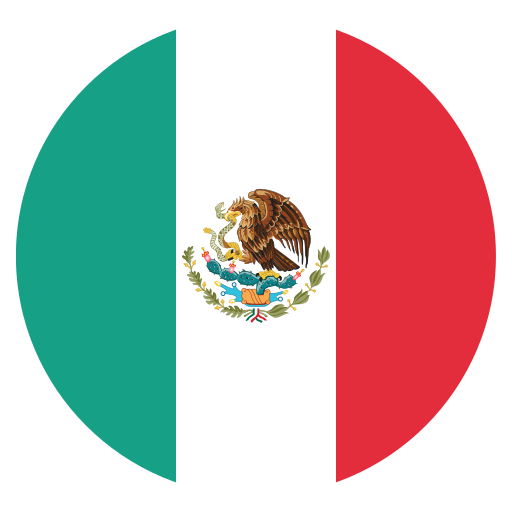In the life of every company, there comes a moment when the question arises: is it time to internationalize operations? If you want the company to grow and evolve, the answer must be yes.
But how to achieve it?
Expanding your business is not something to be taken lightly; it is a process that requires commitment, conviction, and ideally, the advice of experts to do it quickly and effectively.
Some steps to consider in your internationalization strategy are:
Identifying barriers
It is important for your company to recognize what is preventing it from growing both now and in the future, so that it is prepared for the challenges that international market demand entails.
Knowing the product and the market
Before internationalizing your business, it is necessary to know the market you are entering and how your product or service will be attractive and meet the needs of your new audience.
Knowing your competition
You may be the first company to enter that market, but it is also possible that you are not. Therefore, you should examine your competition and take advantage of opportunities to stand out and differentiate yourself from them.
Developing a strategy
It is essential to have a plan that determines how to carry out the internationalization of your business considering risks, opportunities, and all the necessary information.
Surrounding yourself with experts
In areas such as legal, import, and export, among others, it is better to seek advice from experts who can simplify processes and save you bureaucratic tasks.
Legal aspects to consider…
- Research the legal aspects that could affect you according to your sector. The WTO (World Trade Organization) is the international organization responsible for the rules that regulate international trade.
- Consider the means of payment in international transactions that are determined by agreements made between importer and exporter.
- Stay informed about Customs Law and the rules that regulate international trade operations in VAT, with exemptions in intra-community deliveries of goods and exports.
- Know the taxation of the country where you are expanding the business. Remember that it is important to know the regulations that govern both the country of departure and the destination.
- Consider that contacting professionals in the country where you want to operate is important to be aware of these rules.
If you need advice regarding the foreign trade operations of your company, do not hesitate to contact our Freight Forwarder department. We have over 25 years of experience in the field.
Don’t forget to follow us on Facebook, Instagram, and Twitter for more content and information about foreign trade.




 52 55 5550 5059
52 55 5550 5059
